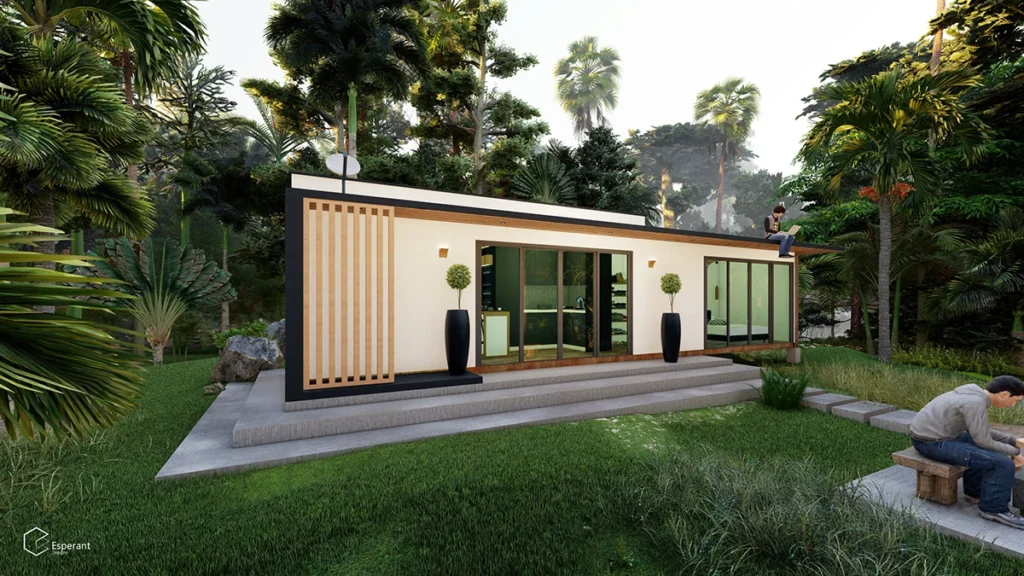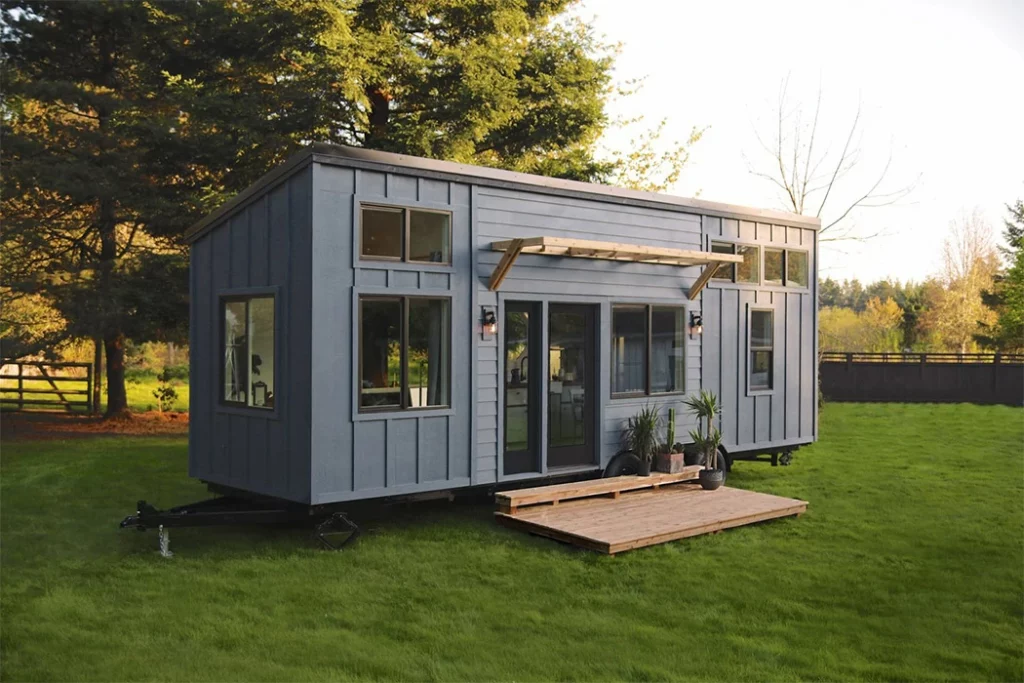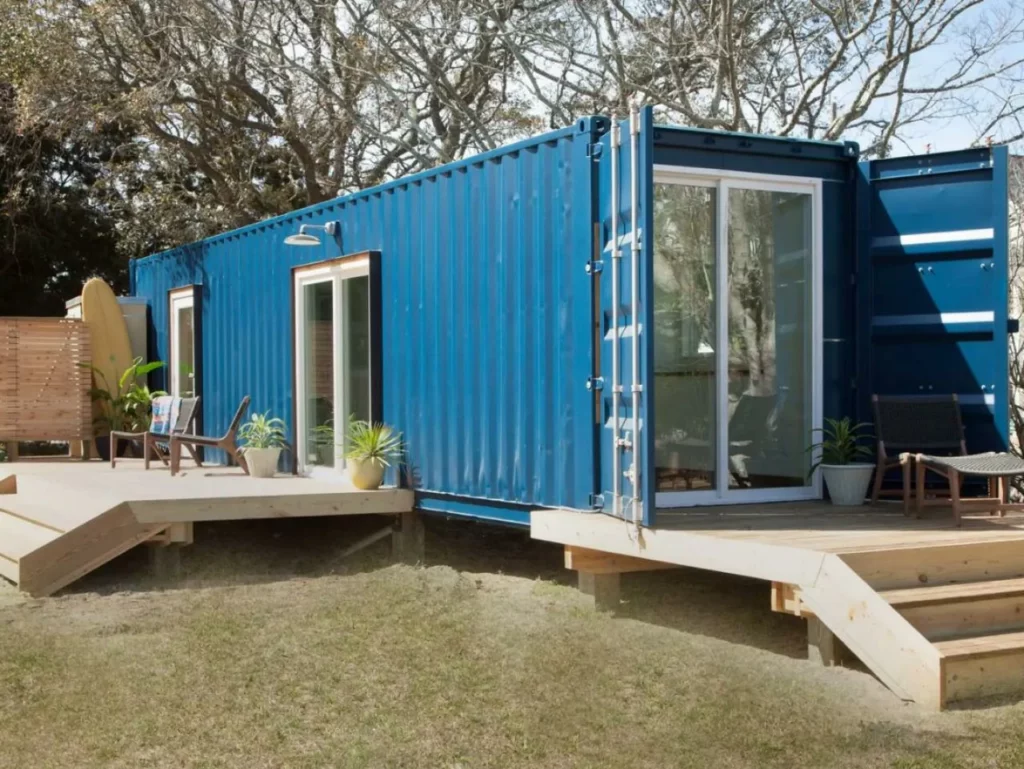In the ever-evolving landscape of sustainable architecture, the discourse surrounding eco house container houses has emerged as a powerful force shaping the future of residential living.
Environmental Advantages:
At the forefront of the eco house container movement lies a commitment to minimizing environmental impact. By repurposing shipping containers, a second life is breathed into these steel giants, mitigating the demand for traditional construction materials and significantly reducing the carbon footprint associated with new builds. This eco-conscious approach aligns seamlessly with global initiatives aimed at combating climate change and fostering sustainable living practices.

Architectural Adaptability:
An intriguing facet of eco house containers is their inherent architectural adaptability. These modular structures present a canvas for architects and homeowners alike to unleash their creativity. The flexibility of container homes enables diverse architectural styles, from sleek, minimalist designs to more intricate and artistically expressive structures. This adaptability not only caters to individual preferences but also challenges conventional notions of residential design.
Energy Efficiency and Innovation:
Beyond their environmental benefits, eco house containers offer substantial energy efficiency gains. Incorporating cutting-edge technologies, such as solar panels and energy-efficient insulation, transforms these containers into self-sustaining living spaces. The integration of smart home systems further enhances energy conservation, making container homes a beacon of innovation in the quest for sustainable living.

Financial Viability:
In addition to their environmental and design merits, eco house containers present a compelling case for financial viability. The repurposing of shipping containers significantly reduces construction time and labor costs. This financial efficiency not only makes sustainable living more accessible. But also prompts a reconsideration of the economic dynamics of traditional housing models.
Urban Development and Community Integration:
As the conversation around eco house containers gains momentum, its potential impact on urban development and community integration becomes increasingly evident. The scalability of container homes offers a pragmatic solution to address housing shortages in densely populated urban areas. Additionally, the communal aspects of container home villages foster a sense of shared responsibility. That for sustainable living practices, laying the groundwork for more resilient and environmentally conscious communities.
Challenges and Opportunities:
While the concept of eco house containers holds immense promise, it is not without its challenges. Regulatory hurdles, public perception, and infrastructural considerations pose significant obstacles to widespread adoption. However, these challenges serve as opportunities for collaboration between policymakers, architects. And the public to create a regulatory framework that supports and encourages the integration of container homes into mainstream urban planning.

The discourse on eco house containers marks a pivotal moment in the evolution of sustainable living. From reducing environmental impact and offering architectural adaptability to providing financial viability and influencing urban development, the potential of container homes is profound. As this discussion gains traction, it propels us into a future where eco-friendly living.That is not just a choice but a transformative force, redefining the landscape of modern residential architecture.